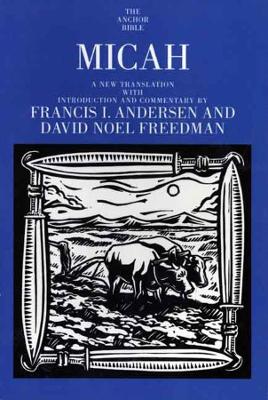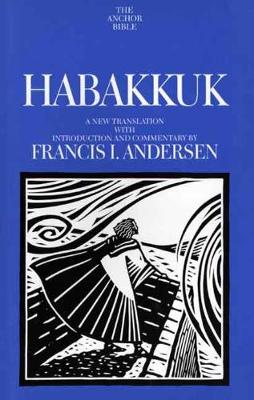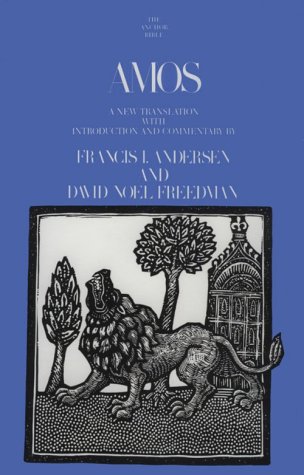The Anchor Yale Bible Commentaries
3 total works
One of the twelve Minor Prophets, Micah unwaveringly spoke God's message to Israel-a message filled with judgment but also laced with the promise of redemption. Micah combined poetic complexity and literary sophistication to compel his audience to respond. And now, through an exacting linguistic and literary analysis of the biblical text, coauthors Francis I. Andersen and David Noel Freedman explain what Micah meant to his contemporaries, as well as what his message means to readers today.
What sets Micah apart is the attention it pays to the details of the prophet's original text. The commentary is descriptive rather than speculative, philological rather than theological. With unusual care, the authors-two of the world's leading Bible scholars-examine the features of Micah's biblical Hebrew and prophetic discourse. They discover the use of a special kind of language, which, in its poetic composition, differs significantly from the language of classical Hebrew prose.
At the zenith of their careers, masters of all relevant disciplines, Andersen and Freedman are the perfect duo to unlock the words of this challenging prophet.
The life and mission of Amos the shepherd and prophet have always fascinated students of the Old Testament. This rancher-farmer from Tekoa, summoned dramatically by Yahweh to prophesy to Israel under the kingship of Jeroboam II (eighth century B.C.E.) about the corruption, injustice, and religious insincerity of his time, has intrigued scholars for centuries. Was Amos' message one of judgment and retribution only, or also of redemption?
Noted scholars Francis I. Andersen and David Noel Freedman, authors of the critically acclaimed Hosea, team up to examine and explain this critical segment of the Bible. Using new insights and modern methods, the authors interpret the text clearly, enthusiastically, and with startling perception. Readers will gain a new understanding of the historical, literary, and religious dimensions of the book of Amos.


